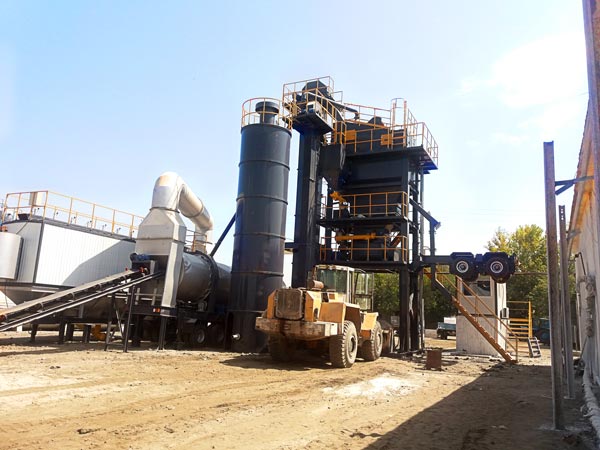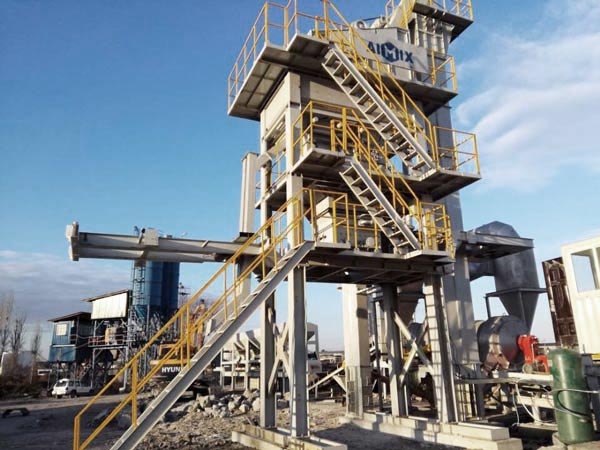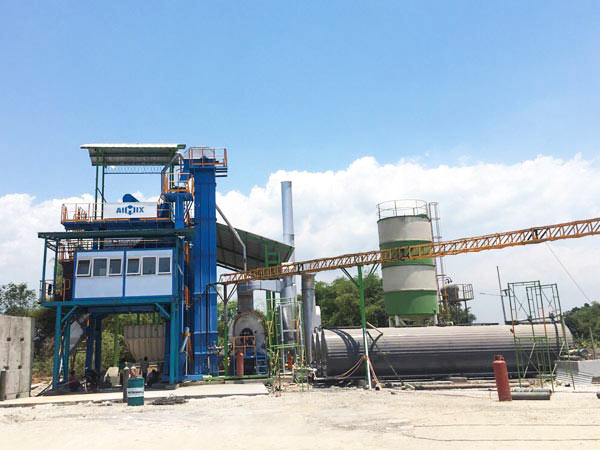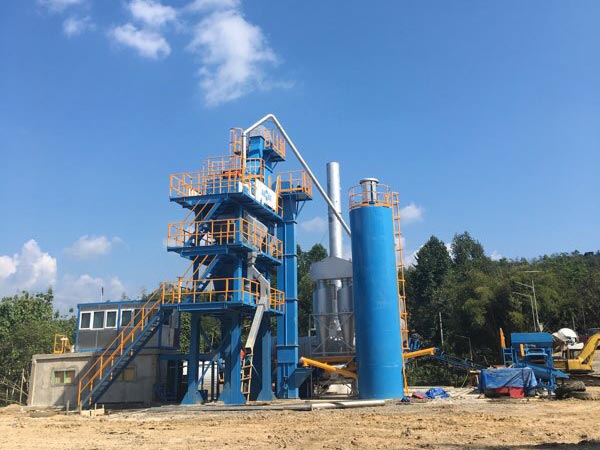Asphalt production plays a crucial role in building and maintaining roads, but it also has significant environmental implications. The use of sustainable practices in asphalt production is essential to minimize the industry’s ecological footprint. One such solution is the utilization of China asphalt batch plants, which offer numerous advantages in terms of efficiency, quality, and environmental friendliness.

Advantages of China Asphalt Batch Plants
1. Enhanced Efficiency
China asphalt batch plants are renowned for their high production capacity and efficiency. These plants incorporate advanced technologies that streamline the production process, resulting in increased productivity and reduced energy consumption. Aimix, as a leading asphalt batch plant manufacturers China, prioritizes innovation to ensure its equipment operates at peak performance, allowing for efficient and sustainable asphalt production.

2. Superior Quality Control
Maintaining consistent quality in asphalt production is vital for constructing durable and long-lasting roads. China asphalt batch plants provide excellent control over the mixing process, ensuring a precise combination of aggregates, binder, and other components. Aimix’s asphalt batch plants are equipped with sophisticated monitoring systems, enabling accurate temperature control and precise measurement of ingredients, resulting in superior quality asphalt mixes.
3. Reduced Environmental Impact
Addressing environmental concerns is a top priority in modern asphalt production. China asphalt batch plants offer several eco-friendly features that help minimize their impact on the environment. Aimix focuses on developing energy-efficient equipment, optimizing fuel consumption, and reducing greenhouse gas emissions during the production process. Additionally, the incorporation of advanced dust collection systems ensures minimal release of particulate matter into the air, promoting cleaner air quality.
Sustainable Solutions in Asphalt Production
1. Recycling Asphalt
One sustainable solution in asphalt production is the recycling of asphalt pavements. China asphalt batch plants are capable of incorporating reclaimed asphalt pavement (RAP) into new mixes, reducing the demand for virgin materials and minimizing waste. Aimix’s asphalt batch plants offer efficient RAP processing capabilities, enabling the reuse of existing asphalt while maintaining optimal performance and durability.

2. Warm Mix Asphalt Technology
Warm mix asphalt (WMA) technology allows for asphalt production at lower temperatures compared to traditional hot mix asphalt (HMA). This innovative approach offers substantial environmental benefits, including reduced energy consumption and lower emissions of greenhouse gases. Aimix’s asphalt mixing plants support WMA technology, allowing for eco-friendly asphalt production without compromising on quality or performance.
3. Efficient Energy Consumption
China asphalt batch plants are designed with energy efficiency in mind. Aimix focuses on optimizing the combustion process, utilizing advanced burner systems that maximize fuel efficiency and reduce CO2 emissions. By minimizing energy consumption, these plants contribute to a more sustainable asphalt production process, aligning with global efforts to combat climate change.

Conclusion
China asphalt batch plants provide sustainable solutions for asphalt production, offering enhanced efficiency, superior quality control, and reduced environmental impact. Aimix, as a leading manufacturer in China, is committed to developing and providing state-of-the-art stationary asphalt plant that meets the industry’s evolving demands while prioritizing sustainability. By embracing these sustainable practices, the asphalt industry can pave the way towards a greener future, ensuring the construction and maintenance of roads align with environmental stewardship.